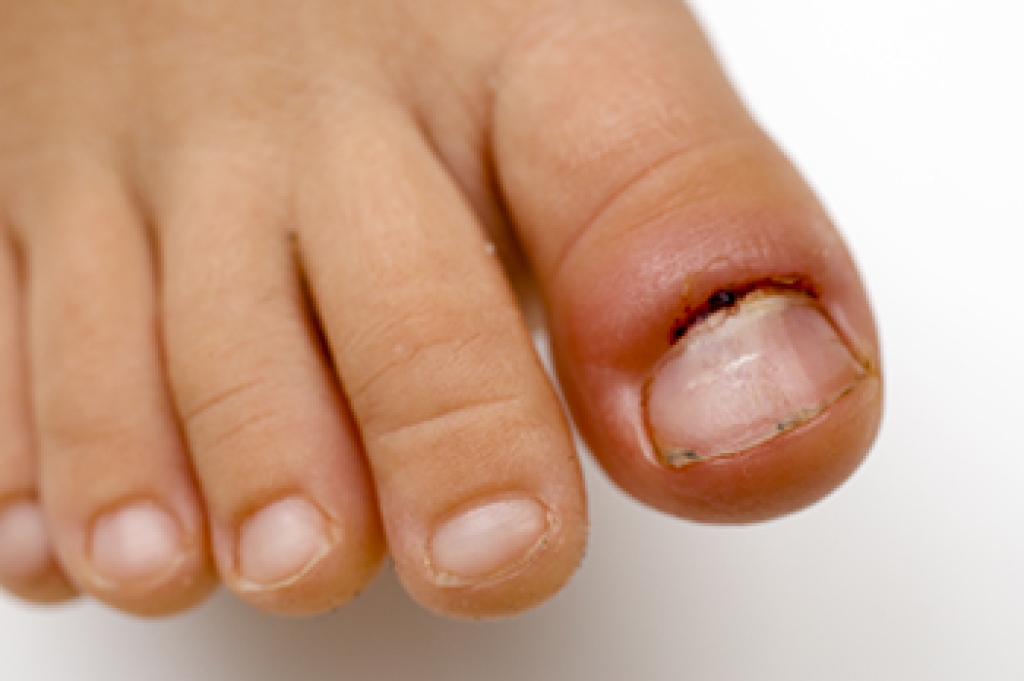
A toe infection occurs when bacteria, fungi, or other microorganisms enter the skin or nail, leading to inflammation and discomfort. Common causes include an injury that breaks the skin, natural nail growth that becomes trapped in the surrounding tissue, or an underlying medical condition that weakens the skin or immune system. Symptoms may include redness, swelling, throbbing pain, warmth, drainage, or difficulty wearing shoes comfortably. A podiatrist can evaluate the infection, clean the affected area, prescribe medication, and provide guidance to prevent future problems. Prompt treatment reduces the risk of spreading or more serious complications. If you notice signs of a toe infection, it is suggested that you promptly schedule an appointment with a podiatrist who can offer effective relief and treatment solutions.
Toe pain can disrupt your daily activities. If you have any concerns, contact one of our podiatrists of Comprehensive Footcare Clinic - Hawaii. Our doctors can provide the care you need to keep you pain-free and on your feet.
What Causes Toe Pain?
Most severe toe pain is caused due to a sports injury, trauma from dropping something heavy on the toe, or bumping into something rigid. Other problems can develop over time for various reasons.
Toe pain can be caused by one or more ailments. The most common include:
- Trauma
- Sports injury
- Wearing shoes that are too tight
- Arthritis
- Gout
- Corns and calluses
- Hammertoe
- Bunions
- Blisters
- Ingrown toenails
- Sprains
- Fractures (broken bones)
- Dislocations
When to See a Podiatrist
- Severe pain
- Persistent pain that lasts more than a week
- Signs of infection
- Continued swelling
- Pain that prevents walking
Diagnosis
In many cases the cause of toe pain is obvious, but in others, a podiatrist may want to use more advanced methods to determine the problem. These can range from simple visual inspections and sensation tests to X-rays and MRI scans. Prior medical history, family medical history, and any recent physical traumatic events will all be taken into consideration for a proper diagnosis.
Treatment
Treatments for toe pain and injuries vary and may include shoe inserts, padding, taping, medicines, injections, and in some cases, surgery. If you believe that you have broken a toe, please see a podiatrist as soon as possible.
If you have any questions please contact our office located in Honolulu, HI . We offer the newest diagnostic and treatment technologies for all your foot and ankle needs.




